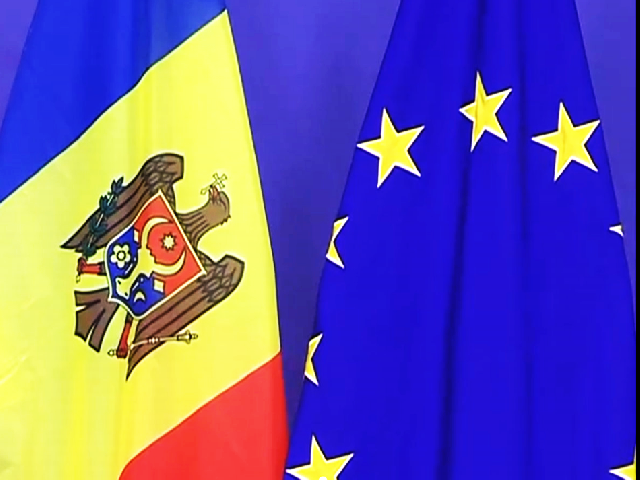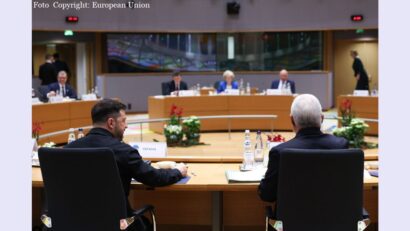Uncertainties in Chisinau
The Republic of Moldova's foreign partners no longer conceal their concerns with the incoherence of the administration in that country.

Bogdan Matei, 19.06.2015, 13:49
The
International Monetary Fund and the World Bank have suspended the funding of
several projects in the Republic of Moldova, and have announced their relation
with the country will stay frozen until the authorities take decisive measures
to solve the problems in the banking system, where as much as one billion
dollars mysteriously went missing. As the World Bank country manager for
Moldova put it, it would be illogical and irresponsible for the World Bank to
transfer its shareholders’ money into the Moldovan budget through the front
door, while there is a risk for ever higher amounts of public money being lost
out of the back door, through fraud and corruption in the banking sector. He
also added that the ex-Soviet state will no longer receive the 45 million US
dollars for budgetary support in 2015.
In turn, the EU has warned that it might cut down the funding for the
judicial reform, as Moldovan authorities have failed to fulfil their
commitments. They have blocked legislation on the National Integrity
Commission, designed to ensure its independence from political control. I am
very disappointed, said the head of the EU Delegation in Chisinau, Pirkka
Tapiola. Under these circumstances, analysts warn, the Republic of Moldova may
default on payments in less than two months. To make matters even worse, there
is no one to manage this crisis, because the small republic still lacks a
government. Accused of forging his high-school graduation diploma, the prime
minister, Chiril Gaburici, resigned a week ago, and the entire cabinet
followed. With drastically limited powers, the ministers now only handle
current matters, until a new cabinet is sworn in.
The most disappointed with the downpour of bad news is Romania, which has
been a steady and active supporter of Moldova’s European aspirations. While in
Moldova to plead for the rapid formation of a new government, the Romanian
Foreign Minister Bogdan Aurescu said a new governmental coalition would
guarantee the country’s firm pro-European commitment and determination to carry
on democratic reforms, as expected by its citizens, and to ensure Moldova’s
stability. On Wednesday, Aurescu was received by the Moldovan President Nicolae
Timofti, on which occasion he emphasised the importance of political stability,
as a prerequisite for the country’s progress towards reforms and European
integration.
With their image severely affected by the disastrous performance
of the Gaburici government, the leaders of the minority governmental coalition,
made up of Democrats and Liberal Democrats, are considering the inclusion in
the Executive of the third pro-European party in Parliament, the Liberals.
Analysts see this as a solution, because the Moldovan Liberals are the most
determined supporters of the European values, of closer ties with Bucharest and
of the fight against corruption, for the success of which they went as far as
to ask that a prosecutor general be brought from Romania.






























